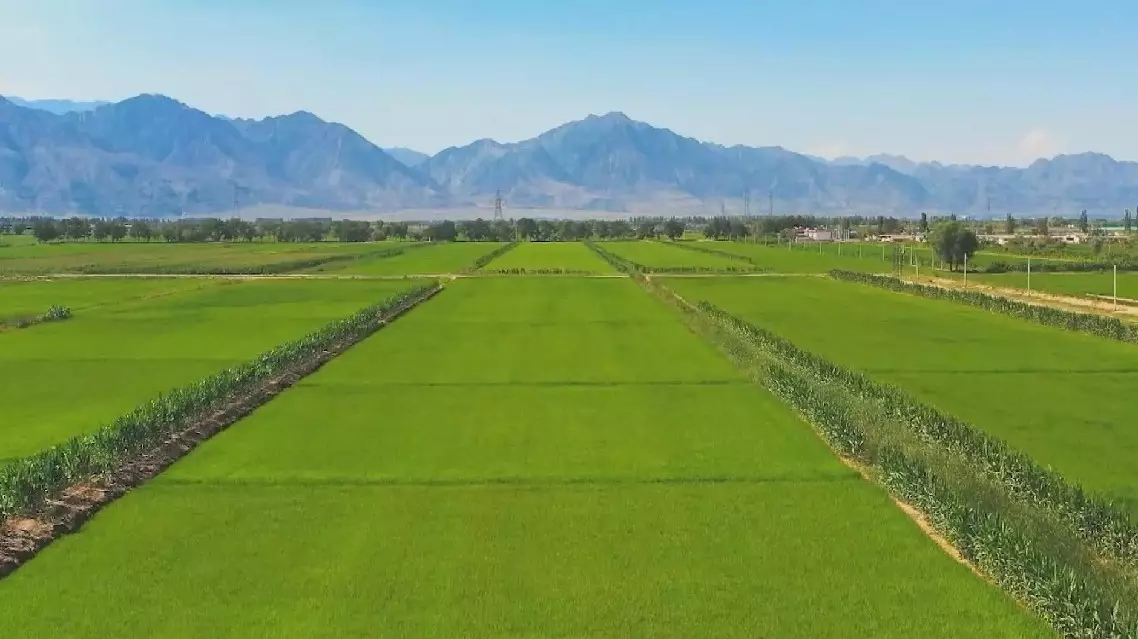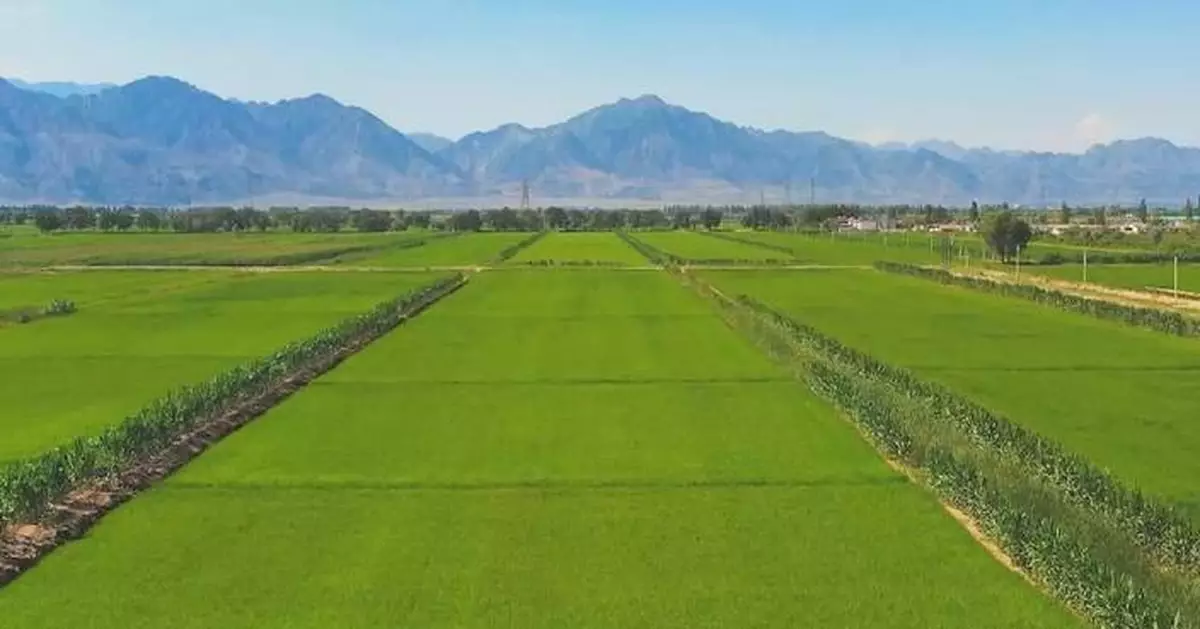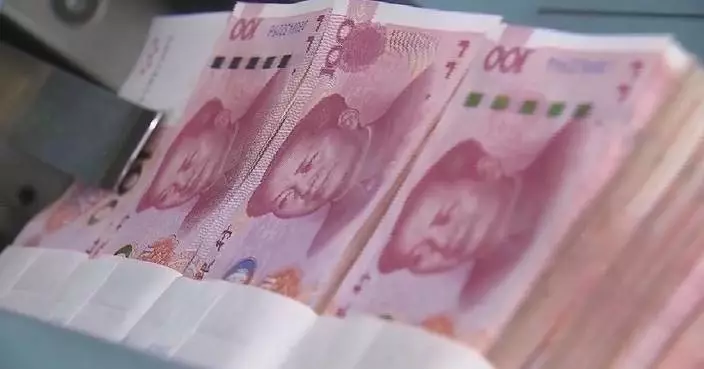China has posted a net increase in total area of arable land for three consecutive years, owing to the country's persistent protection of arable land, said the vice minister of natural resources in Beijing on Thursday.
Since 2021, the total area of the country's farmland has expanded by 17.58 million mu (about 1.17 million hectares), vice minister Liu Guohong said at a press conference.
Notably, in 2023, provinces in south China saw a net increase of 7.39 million mu (about 492,667 hectares), addressing the issue of arable land increasing in the north while decreasing in the south.
Liu attributed the significant achievement to the country's sustained efforts to focus on farmland as the lifeline of grain production, improved measures in carrying out reforms, and an accountability mechanism regarding farmland protection.
"Targeting new challenges in arable land protection, we have managed all farmland repurposed for other uses in a unified manner under the system for offsetting cultivated land, and strengthened dynamic balance over provincial gross arable land. Concurrently, we have improved the economic rewards and penalties mechanism for farmland protection, to ensure that areas protecting arable land do not suffer losses and that farmers who protect farmland receive tangible benefits," he said.
Concurrently, China has continuously promoted land saving, intensive and efficient application, and orderly pushed reforms for market-based transfers of rural collective land designated for business construction to make good use of rural land assets.
The country has also strictly controlled the scale of construction land.
Since 2012, the area of construction land per unit of GDP has slumped by 45 percent, effectively meeting urban and rural development needs.

China sees net increase in total arable land area for three consecutive years























































